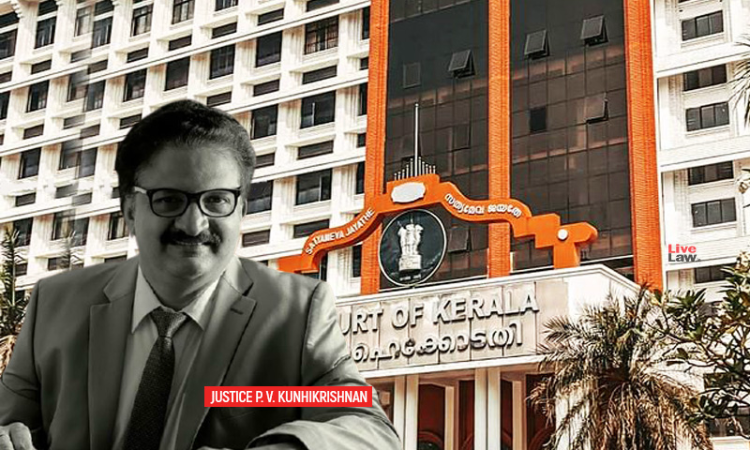Merely Being In Uniform Does Not Attract S.353 IPC: Kerala High Court Grants Anticipatory Bail To Lawyers Accused Of Assaulting Police Officer
Hannah M Varghese
16 Jun 2022 8:45 PM IST

Officer must be in discharge of official duty at the time, Court said.
Next Story


